All coming-of-age movies essentially hit the same beats: the getting of wisdom, the loss of innocence, the passage from childhood to some hard-won form of adulthood. Only the names, regions, eras and cultures change. Trace a through line from The 400 Blows to Lady Bird, however, and you’ll notice the best of these stories don’t just look back — in anger, in sorrow, in a misty cloud of nostalgia — but spark recognition of the good, bad and very ugly of your own formative years. You can add Sean Wang’s Dìdi to the short list of films that fine-tune the personal into the universal, and turn a magic-mirror reflection of its creator into a shared wavelength. The setting is specific: the Bay Area suburbs of Fremont, circa the emo & early-Facebook dog days of 2008. The pain, awkwardness, social ineptitude and random moments of bliss that is early adolescence? That’s public property. (It opens this weekend in New York, and goes wide on August 16th.)
The writer-director’s screen counterpart and our tour guide for this ninth circle of teen-spirit hell is Chris (Izaac Wang, no relation), a Taiwanese-American 13-year-old who’s navigating the rocky roads between the end of middle school and the beginning of high school. His mother, Chungsing (Joan Chen), calls him “Dìdi,” a Mandarin term of endearment meaning “little brother.” His sister Vivian (Shirley Chen), who’s about to head off to college, calls him a little shitface for generally being a pain in the ass. Dad doesn’t call him anything at all — he’s overseas working and is more or less AWOL from the family’s life. Nai Nai (Zhang Li Hua) just yells at everybody and endlessly criticizes his mom for being a horrible parent.
Chris has a group of friends who are also first-generation East Asian kids, and all love pranks, talking smack about each other online and in-person, and making would-be viral videos for this relatively new site called YouTube. He’s got a crush on an older girl named Madi (Mahaela Park), and given the regular conversations they’re having on AOL Instant Messenger — this is a movie that takes great care to get the now-chintzy-looking technology of the internet’s own adolescent tears exactly right — the feeling may be mutual. When Chris is not skateboarding, he’s filming stuff with his camcorder; a chance encounter with some older skaters looking for someone to shoot their tricks may be his chance to level up in terms of a creative outlet and a new social circle.
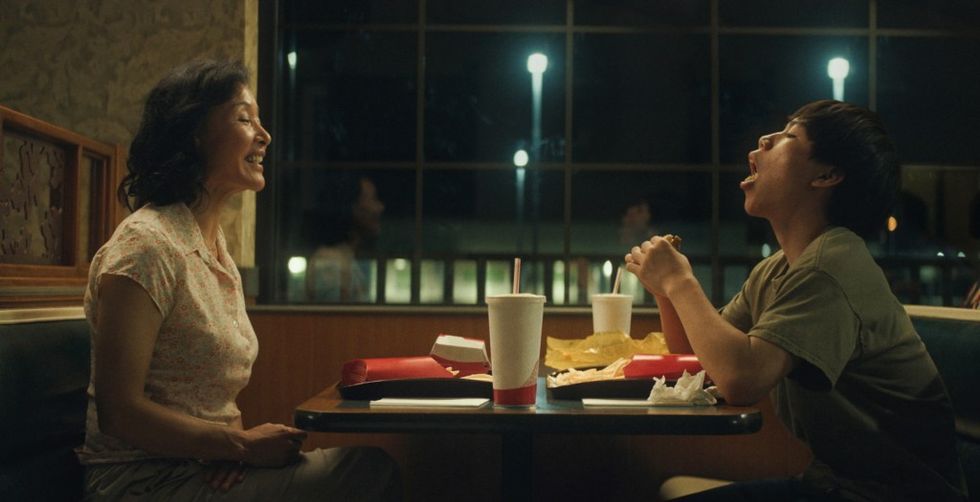
It’s pretty standard, This-Was-the-Summer-That-Changed-Everything 101 stuff, but Wang isn’t just putting his spin on a warhorse scenario. There’s a sensitivity in his flashback to the misadventures of younger self, even if he’s said that the story isn’t strictly autobiographical. Wisely, however, he’s left the cheap, knee-jerk sentimentality you often get in bulk in these films on the cutting room floor, and he refuses to soften up his main character’s flaws and rough, unformed edges. Chris is, frankly, kind of a dick at times. He pisses in his sister’s skin lotion bottle and gives his poor mom endless grief. He has a hard time reading a room, manages to alienate some of his friends, says things that are offensive, and when he’s called on all of it, simply shrugs or blocks people on Instant Messenger. (The way that Izaac Wang plays Chris as someone whose shyness is both a factory setting and a defense mechanism, and whose inability to keep up with the ever-changing rules of the teen-spirit game becomes an Achilles heel, is a key component. Dìdi would not nearly as well as it does without his overwhelmed, muted, occasionally mean take on the usual coming-of-age hero.)
But Chris is also a typical kid trying to figure things out in real time, as friendships change and humiliating social encounters reverberate and impromptu fibs turn into pathological chains of lies. Wang doesn’t let the lad off easy — one scene in which Chris tries to make amends for past sins doesn’t result in the expected all-is-forgiven platitudes, because that’s not how life works. And yet Dìdi doesn’t feel like an exorcism or someone trying to make peace with a younger self who’s not made it over the hump of the teenager years yet. It’s more like Wang is curious as to who that boy was, and is recreating a movable scrapbook to figure him out better. He’s sympathetic to what this 13-year-old went through to get to where he is now. And he’s experienced enough to know that, ok, some of the stuff that happened was honestly kind of fucked up.
If there is one therapy-session-already-in-progress aspect to Dìdi — one area where the auto-fiction sympathy gives way to real empathy — it’s regarding Chris’s long-suffering mom. Wang may not write off the youngster’s indiscretions as “boys will be boys” shenanigans, yet he’s able to see how Chungsing struggled and fought and tried to express herself through paintings that went largely unappreciated. Chris is naturally embarrassed by her, lashes out at her, piles on when Nai Nai or his older sister rages against her at the dinner table. The kid doesn’t quite see what she’s going through. The adult behind the camera can see it now, with the benefit of experience and hindsight, and the movie almost feels like a belated apology. It makes everything that much richer.
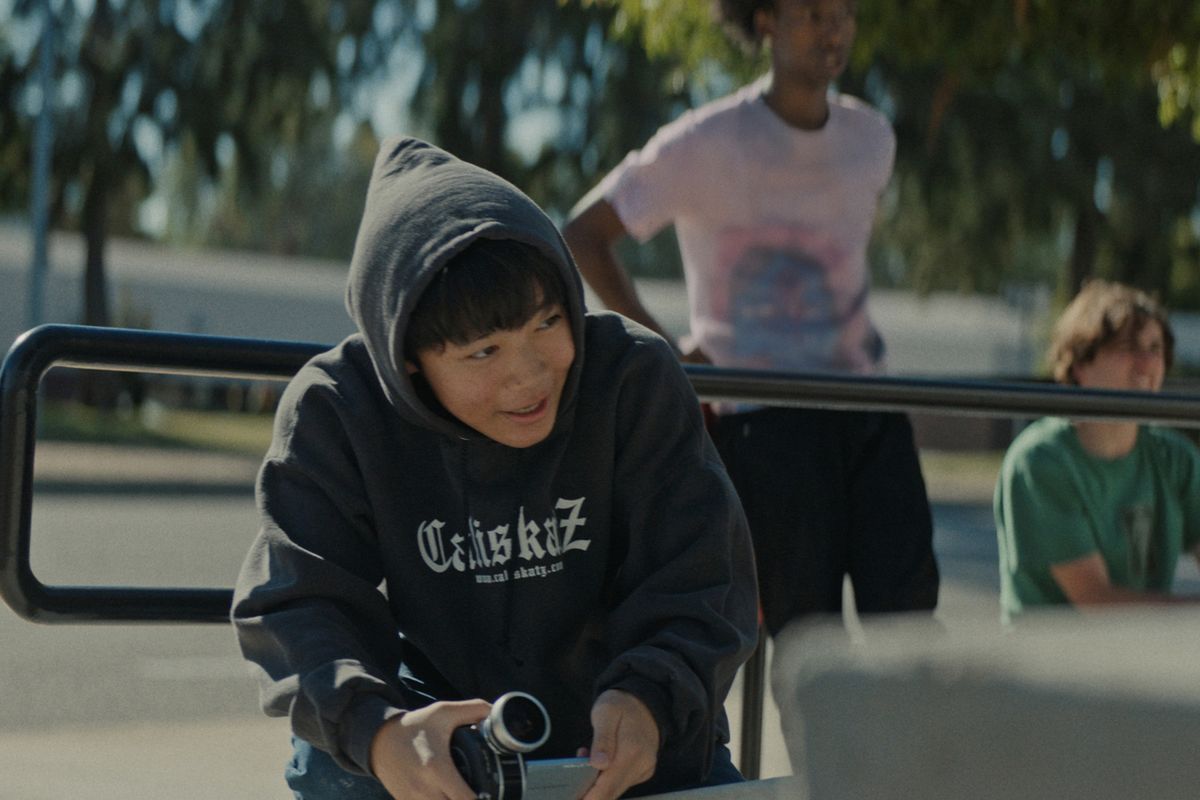






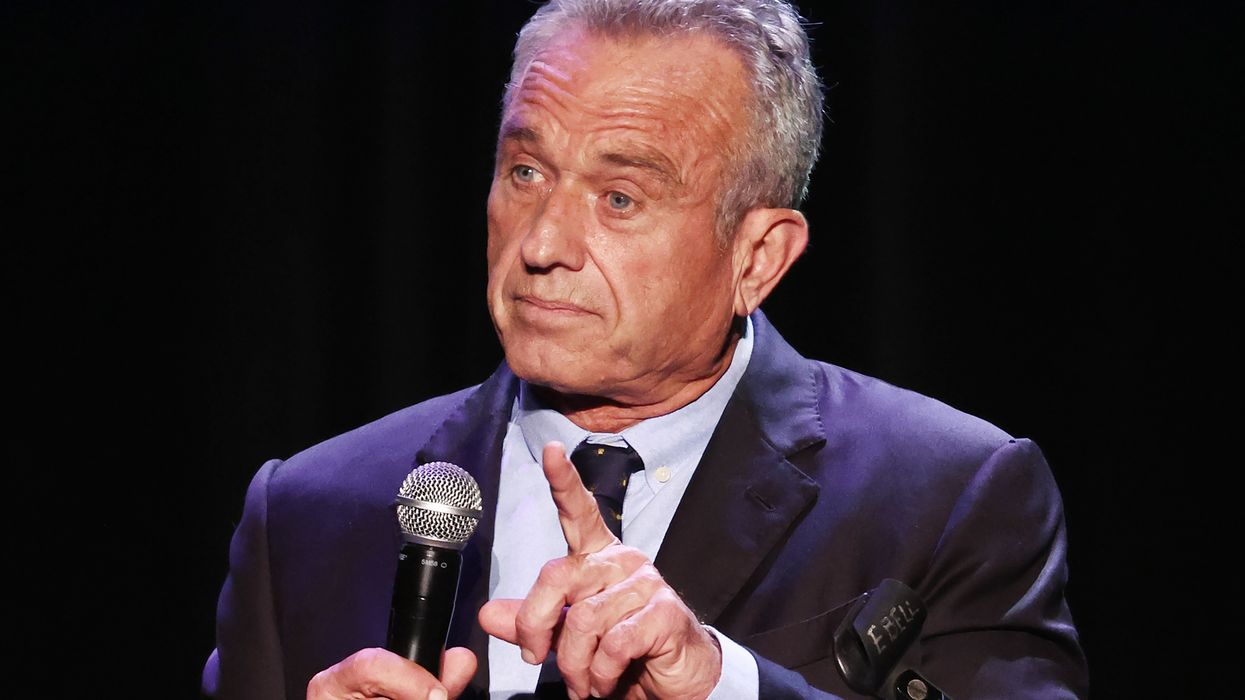
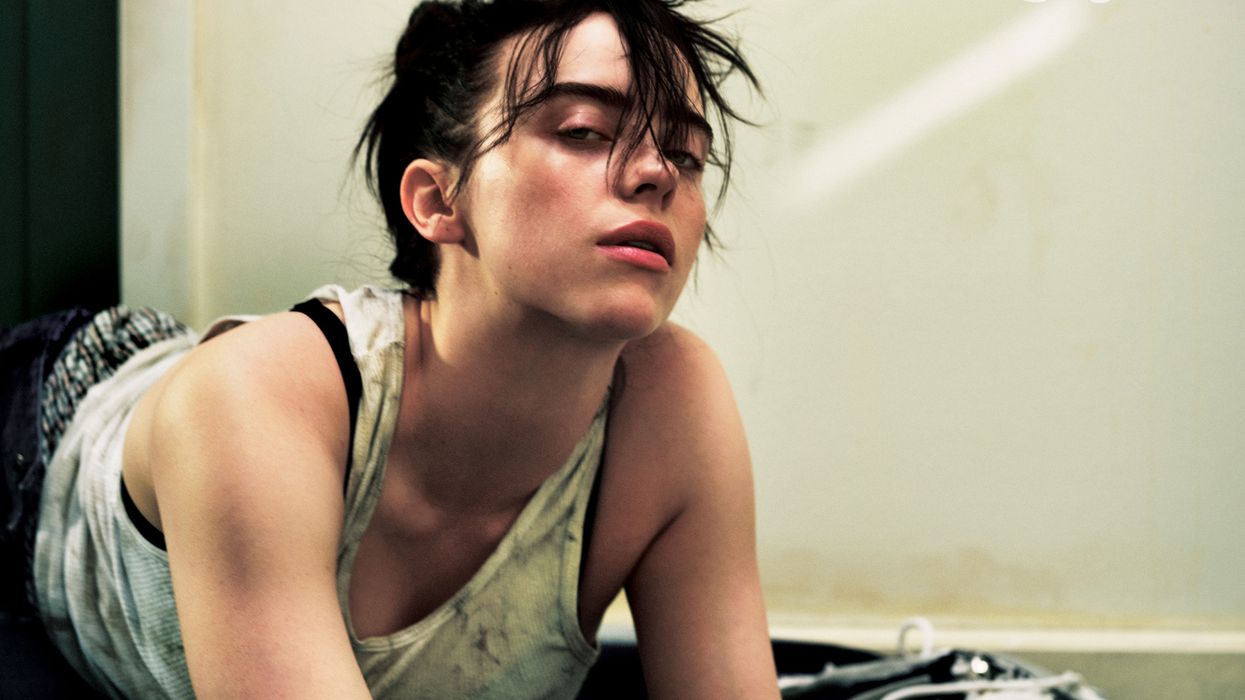
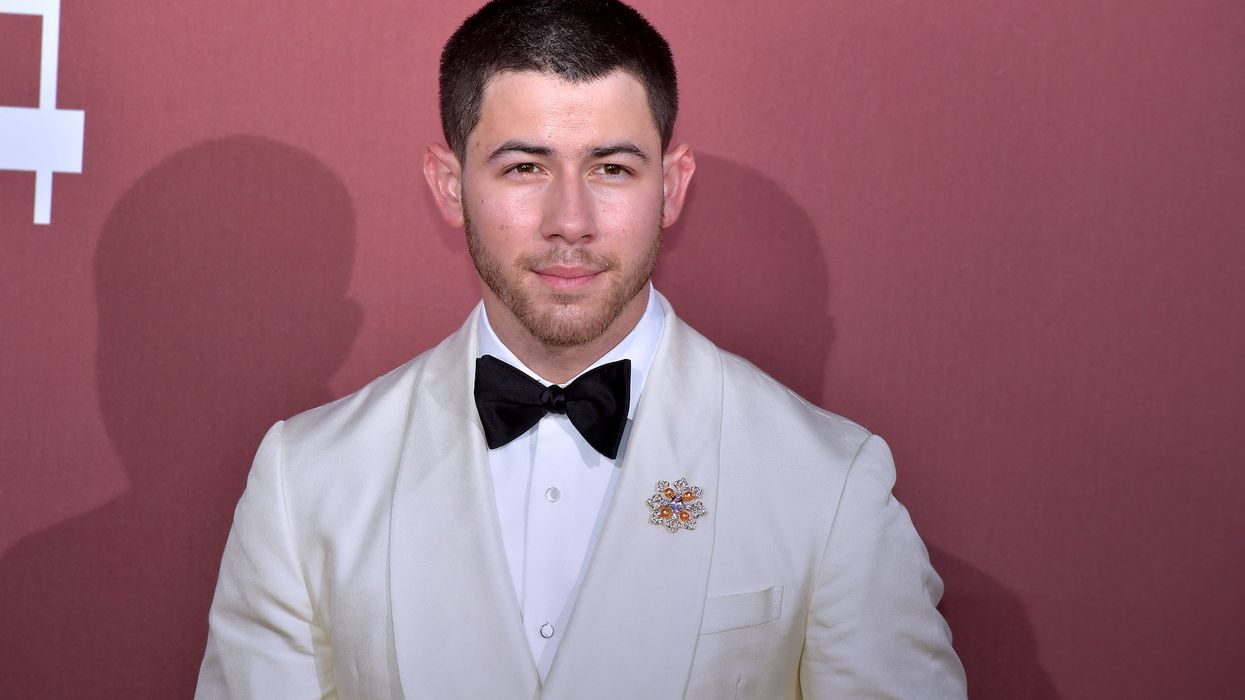
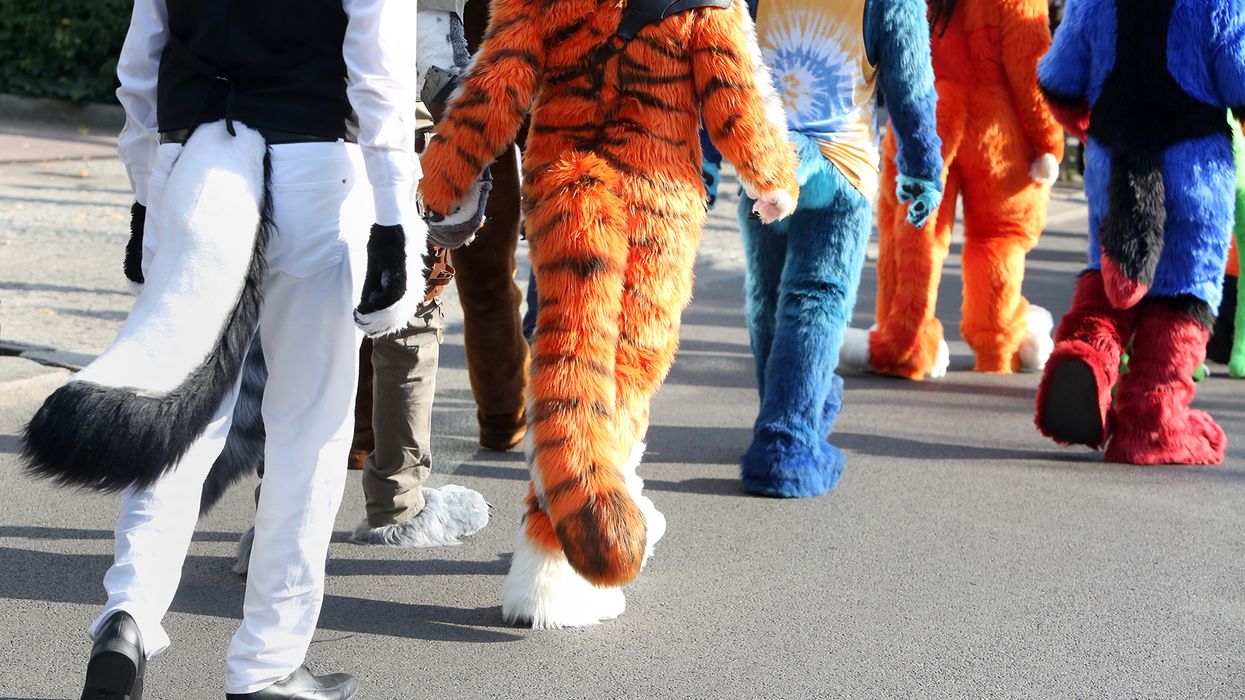
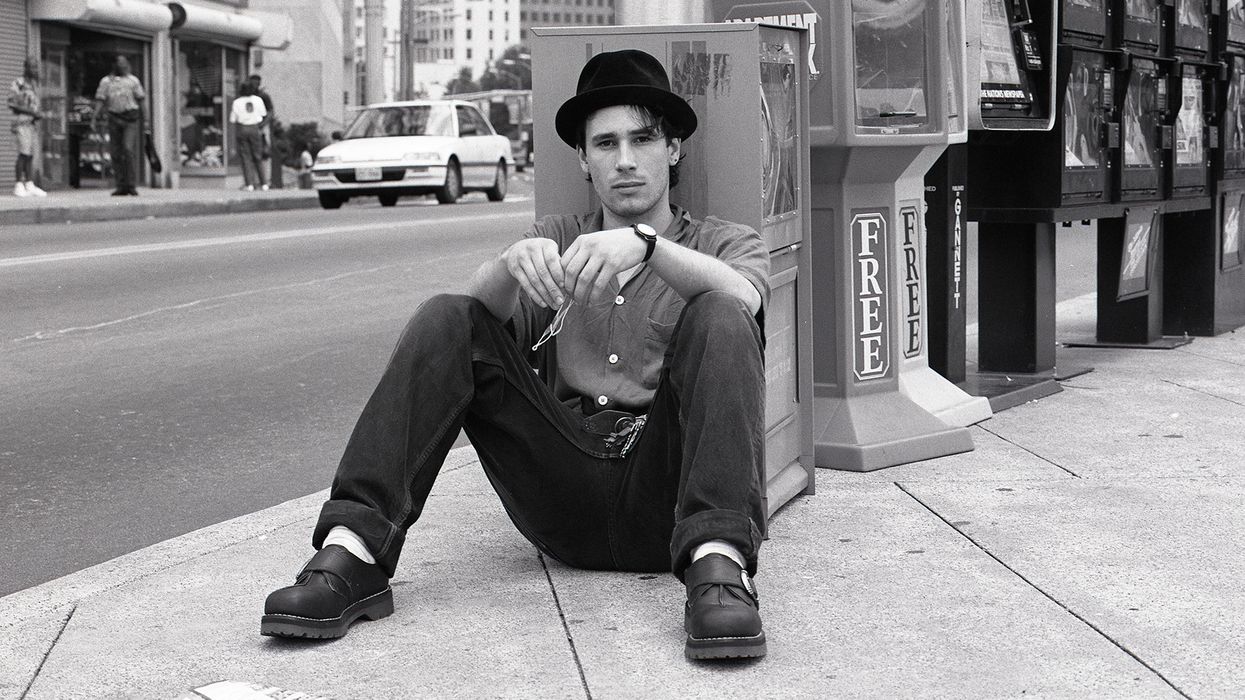

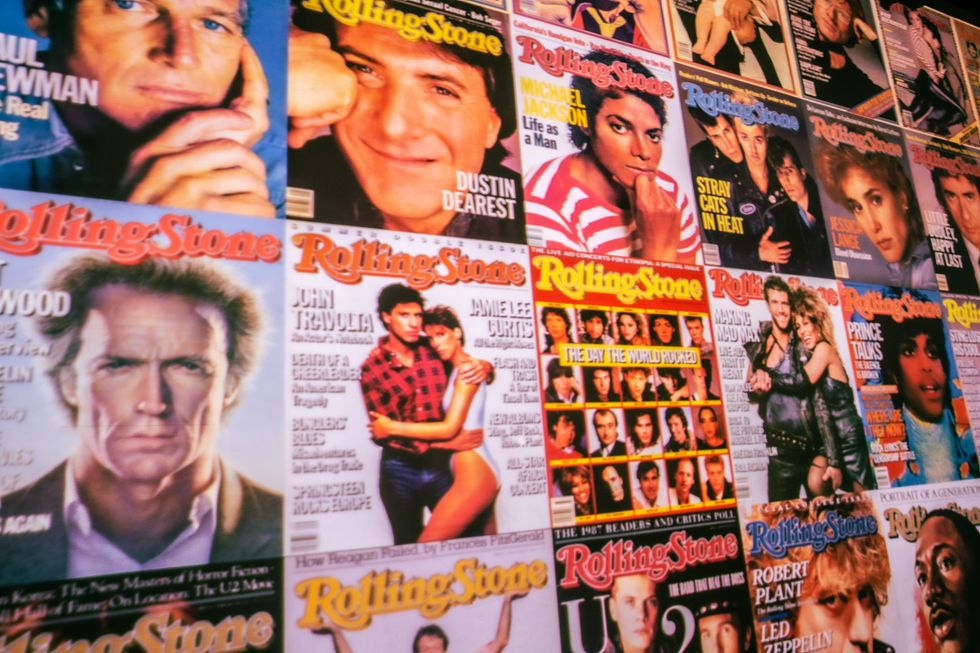
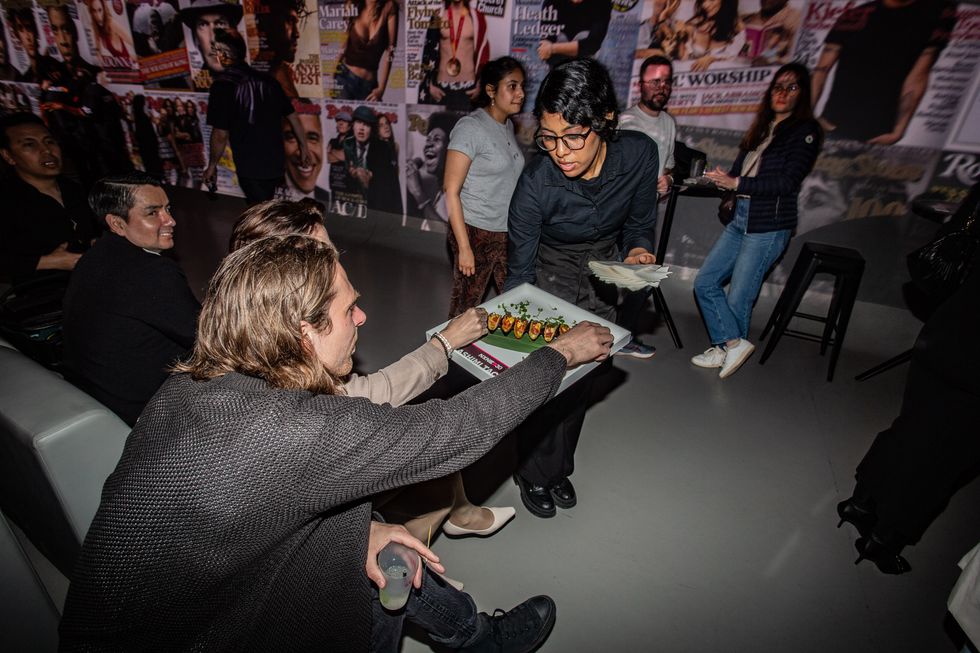 Catering Presented By The Food DudesPhoto by Snapdrg0n
Catering Presented By The Food DudesPhoto by Snapdrg0n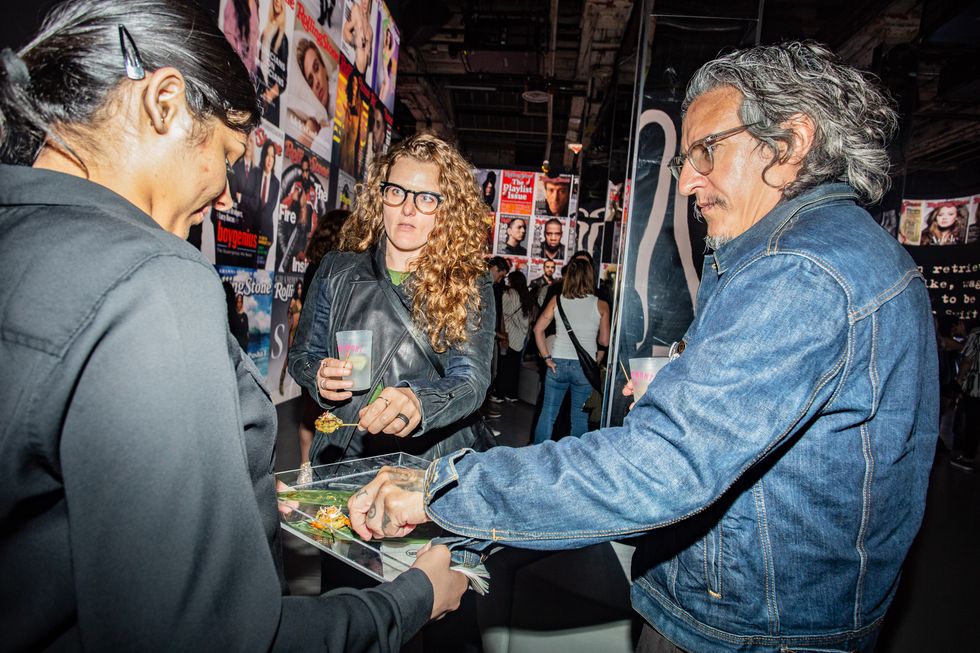 Catering Presented By The Food DudesPhoto by Snapdrg0n
Catering Presented By The Food DudesPhoto by Snapdrg0n Catering Presented By The Food DudesPhoto by Snapdrg0n
Catering Presented By The Food DudesPhoto by Snapdrg0n
 Photographer: Raphaëlle Sohier / Executive production: Elizabeth Crisante & Amanda Dorenberg / Design: Alex Filipas / Post-production: Bryan Egan/ Headpiece: Tristan Réhel
Photographer: Raphaëlle Sohier / Executive production: Elizabeth Crisante & Amanda Dorenberg / Design: Alex Filipas / Post-production: Bryan Egan/ Headpiece: Tristan Réhel Photo: Raphaëlle Sohier
Photo: Raphaëlle Sohier Photo: Raphaëlle Sohier/ Photo production: Bryan Egan/ Blazer:
Photo: Raphaëlle Sohier/ Photo production: Bryan Egan/ Blazer:  Photo: Raphaëlle Sohier/ Blazer: Vivienne Westwood/ Skirt :
Photo: Raphaëlle Sohier/ Blazer: Vivienne Westwood/ Skirt : 

